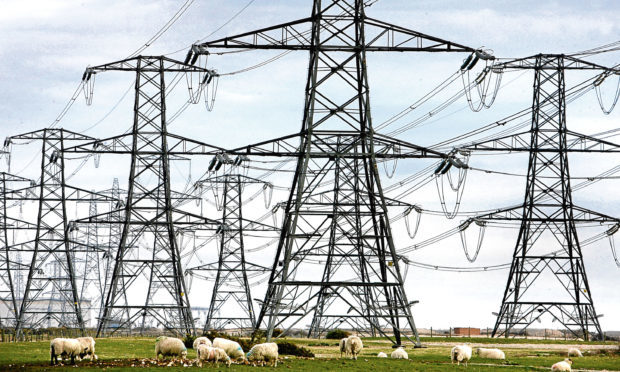On the face of it, a new state-owned not-for-profit energy company for Scotland is no bad thing.
Fuel poverty is a real and pernicious problem in this country – there are thousands of impoverished Scots who face the horrendous heat-or-eat conundrum every time the weather turns nasty – and First Minister Nicola Sturgeon has rightly made the problem a priority for tackling by her Government.
Her idea, which was explored in her keynote party conference speech last autumn, is to set up a new energy firm by 2021 to provide power from green energy sources to customers at “as close to cost price as possible”.
It is a noble aim and, given that as I write this column British Gas has announced a 5.5% hike (£60) in dual fuel bills, there is no doubt greater market choice is needed.
But there is a huge gap to bridge in order to turn aspiration into reality.
Accountants EY this week produced a report for ministers setting out options for the establishment of the new state utility company.
The report found the concept was feasible, but there were enough caveats thrown in for the reader to conclude that in a crowded marketplace -there are 42 suppliers currently operating in Scotland – this is a risky business.
The report suggests start-up costs of between £500,000 and £3.5 million and annual running costs in the region of £9m thereafter.
If that can be stomached, EY also suggests there is a significant risk of the new company operating at a loss or deficit, just as half of the current crop do.
State aid rules also assert the new business cannot operate with regular subsidy, meaning it could be vulnerable to failure in what is a cut-throat and low margin marketplace.
And then there’s the unknown variable in all of this – would the Scottish people embrace their new supplier and actually take the time to review their energy accounts and switch?
My reading of this is it is not that Nicola Sturgeon’s vision for a new energy company cannot be achieved.
It is that by doing it the Scottish Government could be creating an entity which creates a number of new problems while attempting to solve an issue that has been totally intractable to date.
The First Minister has a commercial risk / reward decision to make.
She must consider whether her plan is robust enough to achieve the objective of alleviating fuel poverty in Scotland and justifies the investment.
Would a new state power supply company – as I suspect – be a case of dropping a stone in the proverbial ocean?
Could working with fuel poverty agencies and existing suppliers produce a greater return on investment?
What is certain is that to take no action would be a desertion by the government of the responsibility it holds to the people of Scotland.
I await the First Minister’s decision with interest.
